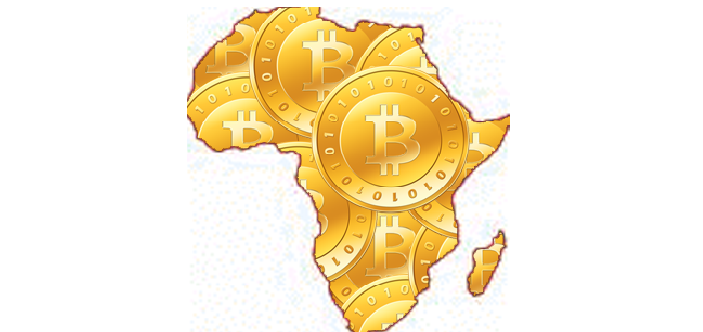To be more particular the exchange company form Africa is bought by a software development company either located on the same black continent. The company is called Switchless, the exchanger – BitX. The sum of the contract is not named.
The software developer is based in Stellenbosch and has decided to widen its serviced with the resource that is only one year old. The BitX Company is also located in the same city and the decision is described by the director Marcus Swanepol as very perspective for further development. The amount of staff of the every division is a proof enough that big business can be run by a humble amount of specialists, but truly real ones. The BitX consist of three memebers, one of tehm has worked for Google some time ago. The Switchless now have 8 people in charge.
Not much is known about the business aim and goals of Swanepol’s company. The only details mentioned on the web and approved by the chairman is that they develop bitcoin solutions and software for financial institutions. One of the customers and investors is the business incubator FireID. Among their customers are such giants as Sony, Eset, CocaCola, Deloitte and KFC. Many companies grew from startups to successful players under their supervision. The incubator is also from Stellenbosch and features creative ideas as the companies stuff is very young and ambitious.
Together both companies aim to develop the safety of software and transactions with bitcoins and other crypto currencies available on the Global Web. Still the trading volume of the BitX is rather low – about 10 BTC per day. It can be easily understood and explained if we imagine the general situation in Africa. Not many deals are done via the network; much is done by physical presence of the seller and buyer. The market has a potential to grow in future, when it might be equal or even close to the markets of Europe – like Germany – or the US no one would make a forecast.
The positive impact on bitcoin spreading might be the fact that not much people have bank accounts. It is hard to move money outside the continent, and even inside. People who migrate in search of work might appreciate the system to send money back home, to their families.
Many people in Africa do not have computers – 7% can call themselves proud owners of a machine. The spreading of mobile phones as well as mobile solutions is evaluated more positive – soon it will reach 114%. It means that there will be a little bit more cell phone apparatus than the overall population. Some might have two; companies will register some and so on. Smartphones will have a ratio about 9%, but knowing about SMS transfers of bitcoins it will not be a problem to consider as a hurdle. The mobile network covers now about 63% of the whole area, some more will emerge soon.
Currently the chairmanship says that the BitX service will continue its work and some changes are to be discussed.


